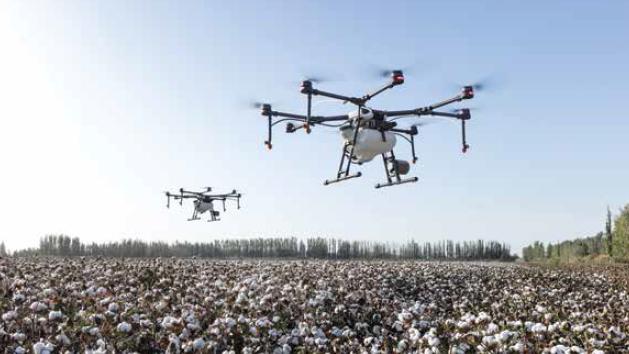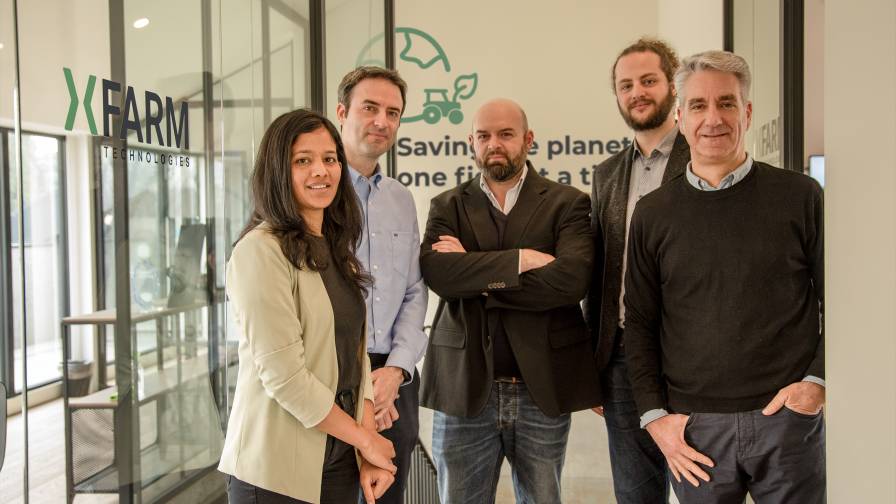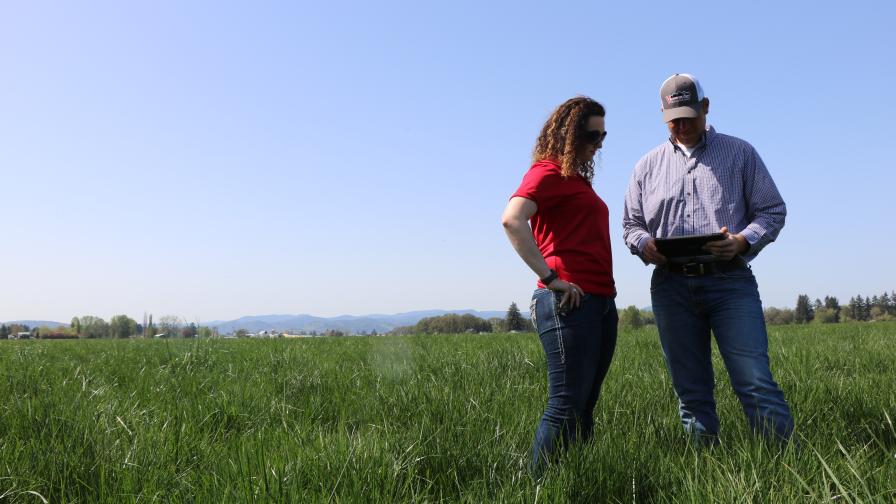Establishing a Common Language for Data in Agriculture
Navigating the ever-evolving landscape of policies and compliance in agriculture poses significant challenges for businesses, impacting markets on a global scale. Customers are utilizing various data sources and technologies, often within a single operation which frequently results in a reliance on multiple data structures, thereby giving rise to errors and an inability to track business performance effectively. To complicate matters further, there is also a growing demand for more visibility by the consumer and information and compliance by regulators across all aspects of this sector.
Overcoming the Challenges
Given the above context, it makes it difficult for businesses to adequately prepare for new demands associated with compliance and commercial efficiency. The varied and fragmented nature of data sources and technologies across the industry impedes the ability to streamline operations and meet evolving requirements.
To address these challenges, the agriculture sector must strive for standardized data. Standardization is essential for businesses as it enables them to understand and efficiently harness the vast amount of data at their disposal. However, attaining this as a single organization is insufficient, as there also is a pressing need for harmonization of data across the industry between diverse data platforms. By achieving harmonization, interoperability can be facilitated, paving the way for seamless operations and improved outcomes for all.
To attain standardization and harmonization, it is paramount to establish a common language for data within the sector. This common language would act as a unifying force, providing a framework that fosters consistency and coherence in data practices. It would also help to lay the foundation for enhanced collaboration, data sharing, and a more efficient flow of information throughout the industry. The new partnership between Proagrica CDMS and Lexagri, a FoodChain ID company, represents a concerted effort to drive forward a common language for data. By leveraging the expertise of both businesses, we aim to contribute to the establishment of standardized data practices, fostering greater efficiency, compliance, and interoperability across the industry.
The Core Capabilities of the Partnership
Our partnership stands out through the value we can bring to customers across the agricultural ecosystem. We see our offering of the partnership across three key capabilities:
- Empowering Customers with Comprehensive, Standardized Data: By offering seamless access to the most comprehensive and standardized crop input data, this collaboration empowers customers to accurately record information. This facilitates the effective management of legislative requirements while promoting interoperability across diverse platforms.
- Data Harmony Through a Single Source: Customers will gain access to a single, consistent source of data, mitigating inaccuracies and providing them with invaluable analytic opportunities.
- Harnessing Data for International Expansion: The scope for our users extends globally, as customers now possess complete data sources from around the world. Through this, they now have the opportunity to expand their platform development visions on an international scale.
Together, these capabilities position the Proagrica CDMS and Lexagri Homologa databases as versatile tools for businesses aiming to drive forward a common language across the agriculture industry.
Strengthening the Customer Experience
The implementation of standardized data holds profound benefits for customers, as it offers them consistent and comparable information to support informed decision-making. In particular, when customers are planning for seasons, selecting crops, and allocating resources, standardized data can empower them to make data-driven decisions, enhancing their ability to adapt to conditions, ensure compliance and optimize their farming practices. Furthermore, the use of such data improves interoperability across the agricultural ecosystem. This enhanced connectivity ensures a better flow of information and enables customers to leverage a variety of tools without encountering compatibility issues.
By establishing a common language of data across our industry, businesses can comply with regulations and simultaneously strengthen their relationships with customers.
As a business founded on agricultural expertise, Proagrica understands the critical importance of standardized, compliant data. This partnership with Lexagri underscores our commitment to establishing a common language for data across the industry, ensuring that businesses can navigate and thrive in an ever-evolving landscape of policies and compliance.
To learn more about our partnership with Lexagri, listen to our recent panel discussion here.










